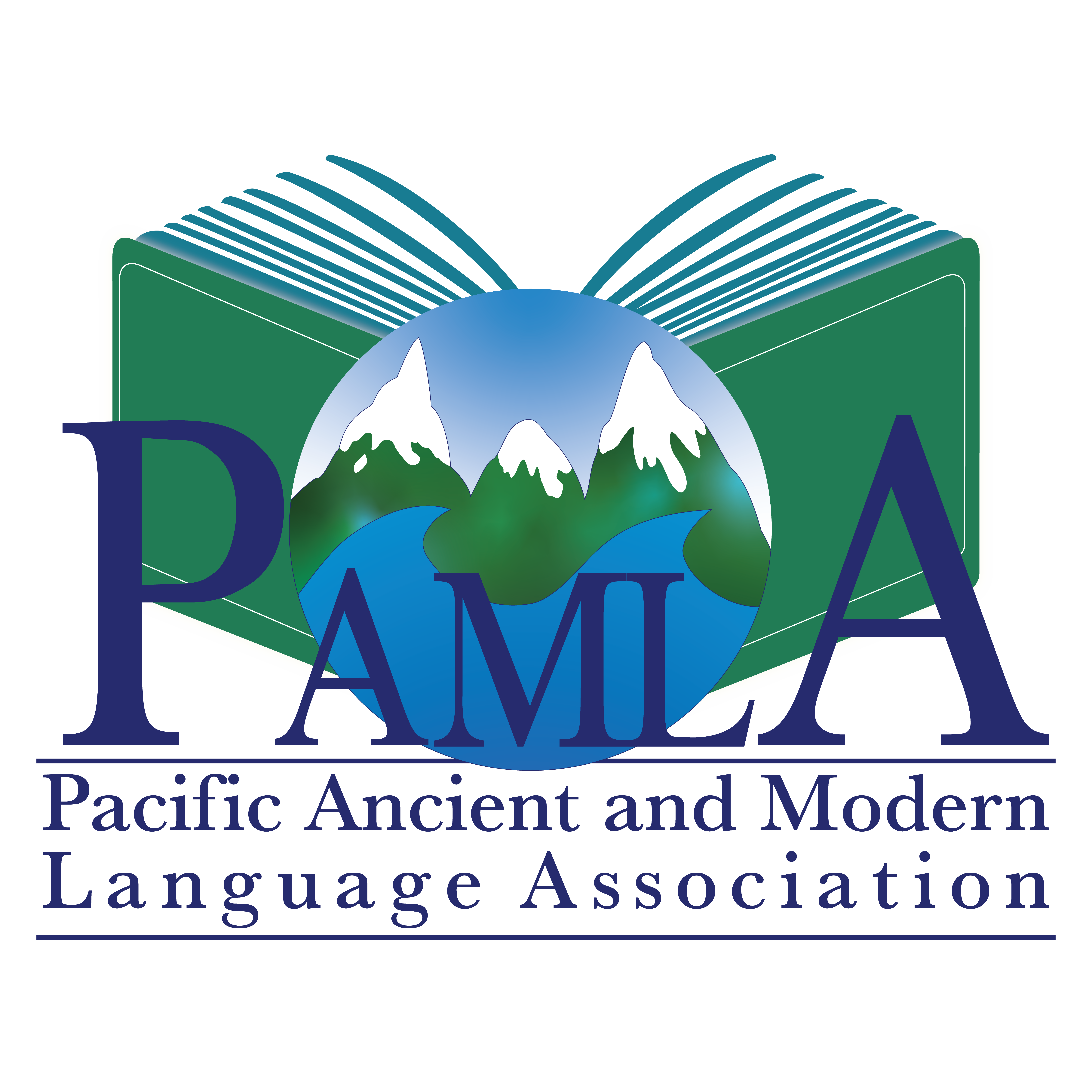Registrants at PAMLA can present one traditional panel paper at the conference, and chair one session, or, if they are not presenting a paper, chair two sessions.
In addition to delivering one paper as part of a traditional panel, registrants may also present on a Roundtable, as part of a Workshop, or as part of a Creative or Special Event.
Conference participants may typically present twice, at most, at the conference (once in a traditional panel, and once in a creative format session; or twice in creative format sessions).
Please propose each of your abstracts to just one traditional paper panel (rather than sending the same essay proposal to multiple different sessions).
You may propose different abstracts to different sessions, but you may only present one traditional panel paper at the conference (plus an additional presentation in a non-traditional session, like a Workshop.) So, if you have abstracts accepted to multiple panels, please quickly let the presiding officers know which one you choose to participate on.
Please do not propose abstracts to more than three sessions.
Possible Session Formats are as follows:
Session Formats
- Panel — Three to four participants, with each panelist delivering a formal paper (2,300-3,000 words) or presentation of 15-20 minutes as set by the presiding officer, followed by Q&A and discussion.
- Seminar — Four to seven participants; each panelist will share their paper ahead of time and then present a brief (five to seven minute) summary of their paper during the seminar, allowing time for an extended question and discussion period.
- Roundtable — Five to nine participants give brief, informal presentations (5-10 minutes) and then the session is open to conversation and debate between participants and the audience.
- Workshop – Workshops model hands-on learning with discussions led by a moderator or chair. They emphasize participation by all session goers and often focus on the development of professional skills, interests, responsibilities, and proficiencies.
- Creative – A creative or creatively-designed session, such as a film presentation, art display, architectural walking tour, museum tour, creative writing event/reading, or a conversation with writers, directors, museum curators, historians, musicians, architects, or other creators.
- Special Event – An event with one to ten speakers that can involve anything from a conference special forum, to a discussion group for a discipline, community, or allied association, to a special reception, to an unusual event (a late-night social, children’s session, or early-morning yoga or walking group).
Subject Areas
PAMLA conference sessions, both standing and special, are grouped by topic area to help conference attendees looking for sessions in specific broad areas of study. Our current conference topic areas include:
- Adaptation and Translation Studies
- American
- Ancient and Medieval
- Asian
- British and Anglophone
- Colonial and Postcolonial Studies
- Composition and Rhetoric
- Creative Writing, Editing, and Publishing
- Cultural Studies
- Drama, Theater, and Performance
- Ecocriticism and Science
- Film and Media Studies
- French and Francophone
- Gender and Sexuality
- Genres and Audiences
- German
- Historical and Political Studies
- Italian
- Languages and Linguistics
- Multiethnic and Indigenous
- Palimpsests: Memory and Oblivion (Special Theme)
- Poetry and Form
- Professional and Pedagogy
- Spanish and Portuguese
- Special Event
- Theory and Philosophy
- Visual Studies and Arts
- World Literatures and Comparative Studies
Questions?
If you have any questions, ideas, or concerns regarding presiding officer or session chair guidelines or the PAMLA conference in general, do not hesitate to contact Executive Director Craig Svonkin ([email protected] or 626-354-7526).
